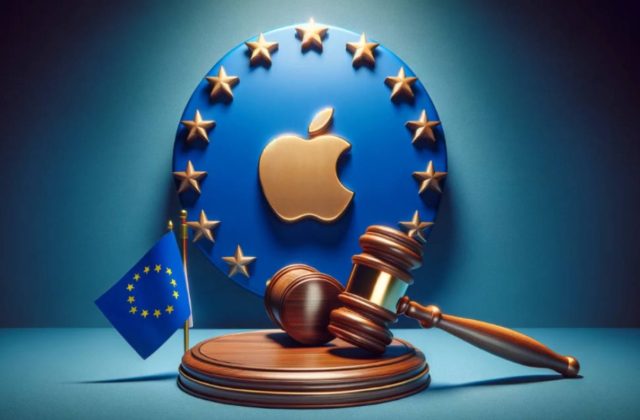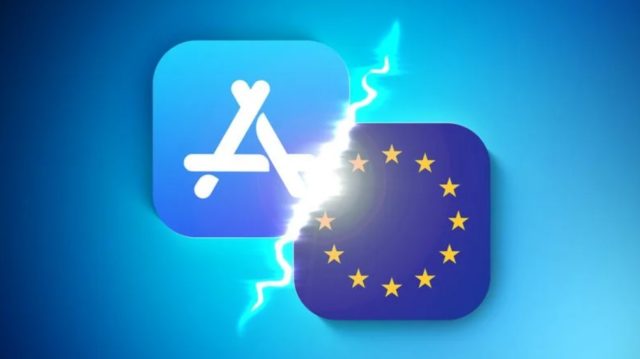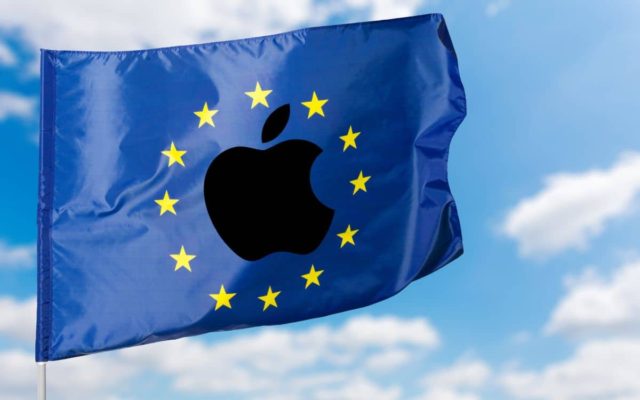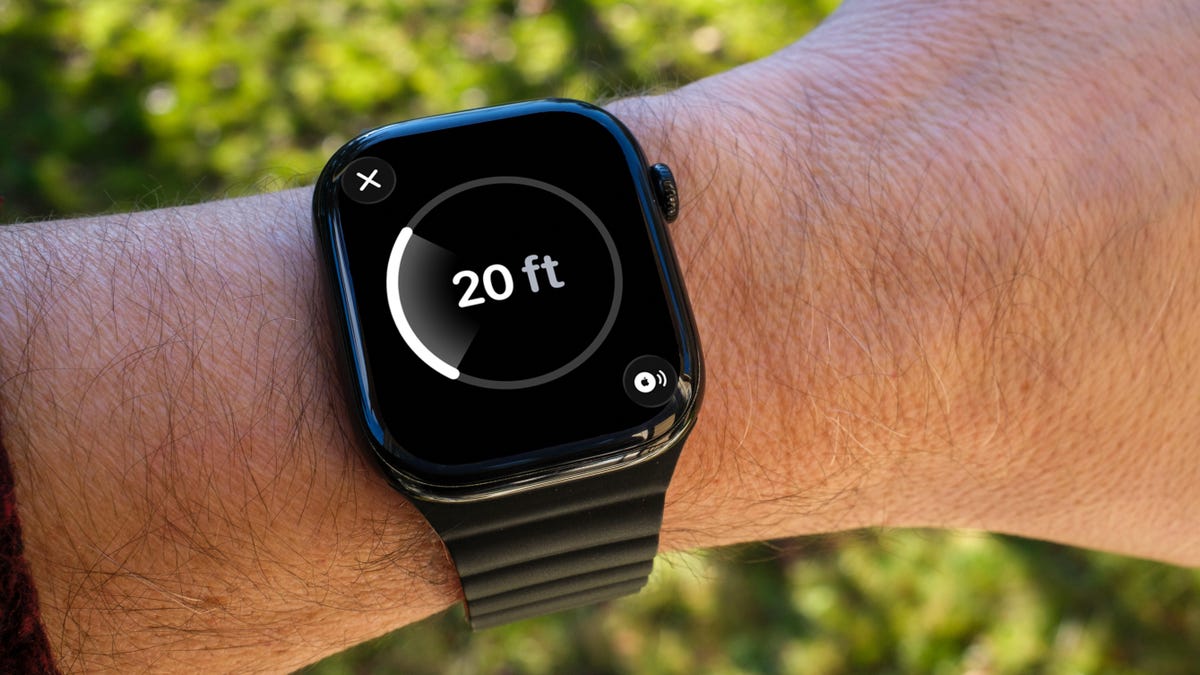Technology companies, led by Apple, have submitted to the Digital Markets Act. DMA Which aims to prevent giant companies from using their dominant position, and calls the giant companies (gatekeepers) to block competition and allow other companies to have a fair chance. But apparently, what the iPhone maker is doing is still not enough for the European Union.

Apple and the European Union

According to a report published by the European Consumer Union (BEUC), the body tasked with defending the interests of European users, companies such as Apple, Google, Meta, Amazon, as well as Microsoft and ByteDance (owner of TikTok) have failed to comply with the European Union’s Digital Markets Act (DMA). As for the iPhone maker, BEUC explained that the American company failed to address a number of issues as follows:
- Attempted to hinder or deter users from switching to alternative app stores or downloading apps outside of its store App Store.
- It does not make it easy for users to change the default settings on the iPhone.
- The browser selection screen is confusing and does not provide enough information for users to make an effective choice.
- The company uses non-neutral language to scare users away from choosing alternative payment services or subscribing to cheaper services outside the app.
- Apple does not allow users to uninstall first-party apps easily.
- The company does not provide adequate compliance reports to the European Commission, and has delayed the implementation of some DMA procedures.
The European Consumer Report notes that Apple has already made significant changes to some of these issues. However, it is seen as dragging its feet and taking too long to implement them. Most of the changes mentioned above are scheduled to be made before the end of this year. However, some other updates will not be available until early 2025.
How Apple Complied with the DMA

Here's what Apple has changed to comply with the Digital Markets Act:
- Default apps like Calls, Messages, Password Manager and Translation can be changed.
- There will be a new section for default apps in the Settings app.
- It will be possible to delete apps like Safari and even the App Store as well as the messaging, camera and photos apps without a problem.
- The browser selection screen displayed to users will include an option to set a default browser directly from the screen.
- When you select a default browser other than Safari, that browser's icon will replace the Safari icon on the Home screen.
We expect to see all these changes in the upcoming iOS 18 release, but only for users in the European Union countries.
For other tech companies, the European Consumer Commission has targeted Meta’s cross-service advertising and messaging interoperability. Google’s display of information about a company’s product or service at the top of search results. And its collection and use of user data across services. Amazon has been targeted for its efforts to place its products at the top of search results to gain an advantage and prevent fair competition from other products. And for making it difficult for users to unsubscribe from its services.
Finally, the European Commission is expected to take the ECA report into account when taking further action on how tech companies comply with the Digital Markets Act, which came into force on 6 March 2024. If a company breaches the DMA, the penalty will be up to 10% of the company’s total worldwide sales. Repeat offenders will see the penalty doubled to 20%.
Source:



4 comment